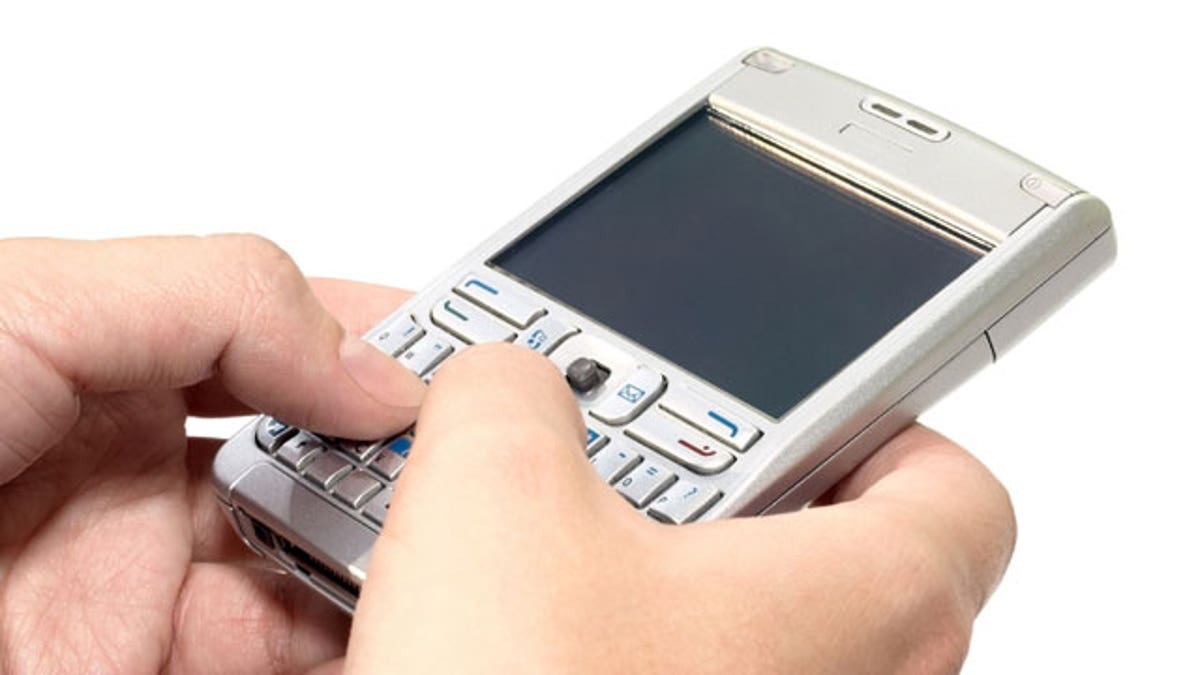
Technology has provided innovation beyond what previous generations could have imagined, but at what expense?
The age at which kids are learning how to use technology is getting younger and younger. Earlier this year, a survey by online security company, AVG, found that more children ages 2-5 knew how to work a smart phone application than tie their shoes. And now, experts are saying that cell phones may be a real danger to our children’s health.
Preliminary results of a 10-year, $30 million research project by the International Agency for Research on Cancer recently revealed that there is data to support what researchers have feared for years – cellphones may cause cancer.
Western culture has been responsible for the proliferation of many diseases like obesity, hypertension, heart disease and diabetes. Studies show that the amount of time Americans spend on computers or watching television is related to the amount of disease seen in this country. The use of electronics to aid social networking has been related to anxiety and depression.
At this stage in the game, technology is largely unavoidable, and odds are – you need it to function in your daily life. So what is a parent to do?
Here are some tips to help keep your kids safe:
1) Turn off electronics in your home.
2) Do not give your baby or child your cellphone to keep them busy. If you do, make sure you turn it off first.
3) Limit your children’s cellphone use.
4) Buy hands-free adaptors for your kids to use when talking on their cellphones
5) Turn off your cellphone when not using it. When it is on, keep it off your body.
6) Promote dinner time with face to face conversation.
7) Take a walk or a hike with your child to encourage physical activity.
8) Read to your children.
Technology will continue to advance rapidly, but the key is to be smart and remember to unplug yourself and your family from time to time.
Dr. Robert J. Tozzi is the chief of pediatric cardiology and founder of the Pediatric Center for Heart Disease at Hackensack University Medical Center in Hackensack, New Jersey. He is also the director of the Gregory M. Hirsch Hypertrophic Cardiomyopathy Center and a Fox News contributor.








































